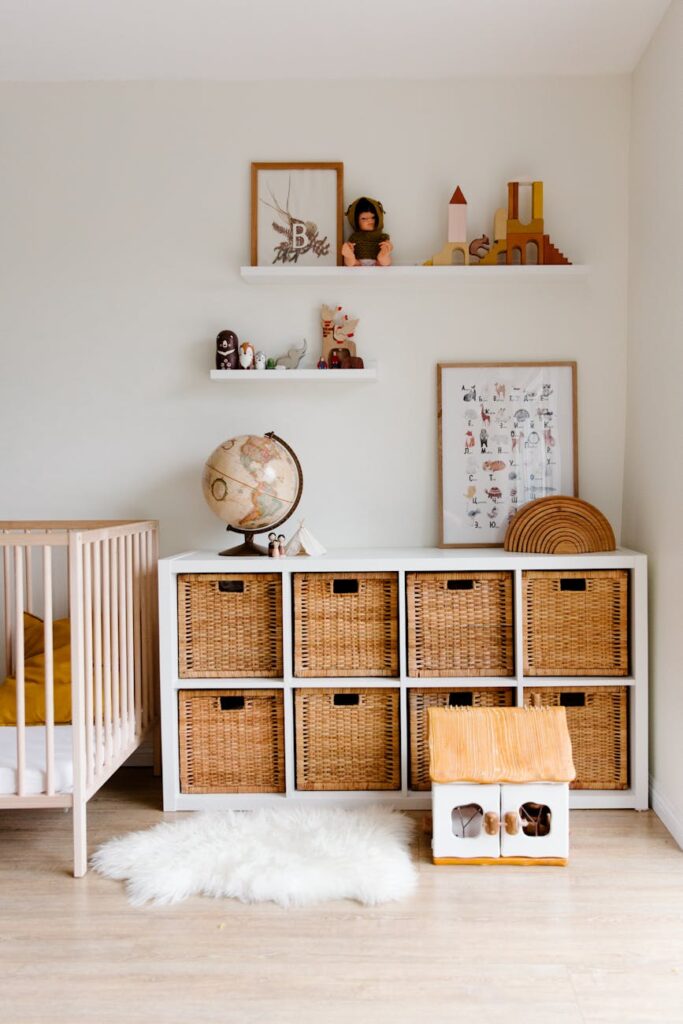Your First-Year Mental Health Toolkit: Thrive, Not Just Survive
Remember that knot in your stomach before the first day of school? Amplify that by about a thousand, throw in a dash of existential dread, and you have a pretty good idea of what the first year can feel like. It’s a rollercoaster. Exciting new experiences, unfamiliar challenges, and the pressure to succeed can take a toll. That’s why building a robust mental health toolkit is crucial, not just for surviving, but for thriving. I’ve been there, seen it, and coached countless others through it. Trust me, this isn’t about adding another task to your already overflowing plate. It’s about equipping yourself with the tools to navigate this wild ride with confidence and grace.
Why a Mental Health Toolkit is Non-Negotiable
Think of your mental health like a car. You wouldn’t drive across the country without a spare tire, jumper cables, or a basic understanding of how the engine works, would you? Your mental health deserves the same proactive care. A mental health toolkit is your personal collection of strategies, resources, and coping mechanisms to handle anything life throws your way. It’s your personalized roadmap to well-being.
Building Your Foundation: Essential Toolkit Components
Creating your toolkit is a deeply personal process. What works for one person might not work for another. Here are some essential building blocks to consider:
- Mindfulness and Meditation: Even five minutes a day can make a world of difference. There are tons of free apps and guided meditations available. Personally, I find that even just focusing on my breath for a few minutes can center me when things get hectic.
- Physical Activity: Exercise isn’t just about physical health; it’s a powerful mood booster. Find something you enjoy, whether it’s dancing, hiking, or simply taking a brisk walk. Remember that time I trained for a half-marathon? The discipline and endorphins were game-changers for my mental state.
- Healthy Sleep Habits: I know, all-nighters seem inevitable in the first year. But prioritizing sleep is crucial for cognitive function, emotional regulation, and overall well-being. Aim for 7-8 hours of quality sleep whenever possible.
- Creative Outlets: Engage in activities that bring you joy and allow you to express yourself. Writing, painting, playing music, or even doodling can be incredibly therapeutic.
Building Your Support System: Connecting with Others
You don’t have to go through this alone. Building a strong support system is essential:
- Connect with Family and Friends: Regular check-ins with loved ones can provide a sense of grounding and support.
- Utilize Campus Resources: Most colleges offer counseling services, peer support groups, and academic advising. Don’t hesitate to reach out.
- Build a Community: Join clubs, organizations, or study groups to connect with like-minded individuals.
Building Your Coping Strategies: Handling Stress and Challenges
Stress is inevitable. Equipping yourself with healthy coping mechanisms is key to navigating challenges:
- Journaling: Writing down your thoughts and feelings can be a powerful way to process emotions and gain clarity.
- Deep Breathing Exercises: When stress hits, take a few deep breaths to calm your nervous system.
- Positive Self-Talk: Challenge negative thoughts and replace them with positive affirmations.
- Setting Boundaries: Learning to say “no” is essential for protecting your time and energy. Remember that time I overcommitted myself to five different clubs and ended up burnt out? Yeah, learn from my mistakes.
Building Your Mental Health Toolkit: A Step-by-Step Guide
Start by identifying your specific needs and challenges. What stressors are you facing? What resources do you already have? Then, experiment with different strategies and tailor your toolkit to fit your unique personality and lifestyle. This is a journey, not a destination. Your toolkit will evolve as you grow and change.
“Self-care is not selfish. It’s an act of self-preservation.”
Fine-Tuning Your Toolkit: Ongoing Maintenance
Regularly assess and refine your toolkit. What’s working? What needs adjusting? Be patient with yourself and celebrate small victories. Building a robust mental health toolkit is an investment in your overall well-being and your future success.

Your first year is a time of immense growth and transformation. By prioritizing your mental health and building a strong toolkit, you can navigate the challenges, embrace the opportunities, and thrive in this new chapter of your life. You’ve got this!







